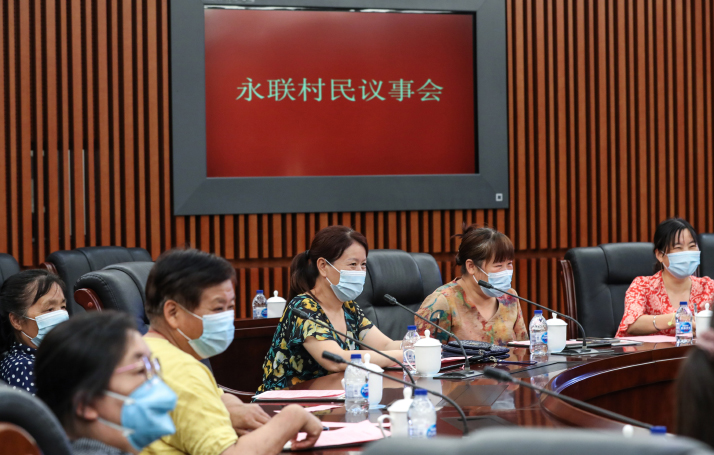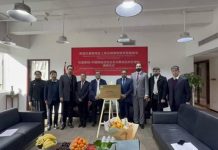BEIJING: The term “whole-process democracy,” or as it’s more fully expressed in Chinese, “whole-process people’s democracy,” is a relatively new expression finding increasing currency in contemporary Chinese political discourse to describe the kind of democracy that’s been developed and presently works in China.
In general terms, whole-process democracy is described as a people- and results-oriented approach for ensuring national rejuvenation and common prosperity. It combines both direct and indirect election with complementary forms of systemic discipline to ensure cleaner and more effective governance.
In fact, it pools a wide range of instrumental practices like the rule of law, political consultations, increasingly open, digital governance and an increasingly robust system for public commentary and feedback. Altogether, these efforts and others are combined to achieve the intrinsic values of democracy, including bringing development and opportunities for growth to the masses while strengthening access to quality healthcare, education and security. In terms of outcomes, one can point to key achievements like establishing a xiaokang, or moderately prosperous, society in 2021, having lifted hundreds of millions out of absolute poverty, having a population of more than 400 million middle-income earners with improving standards of living and economic freedom and having executed new programs to bring more development and equity to those people and regions that still need them.
–The Daily Mail-Beijing review news exchange item




